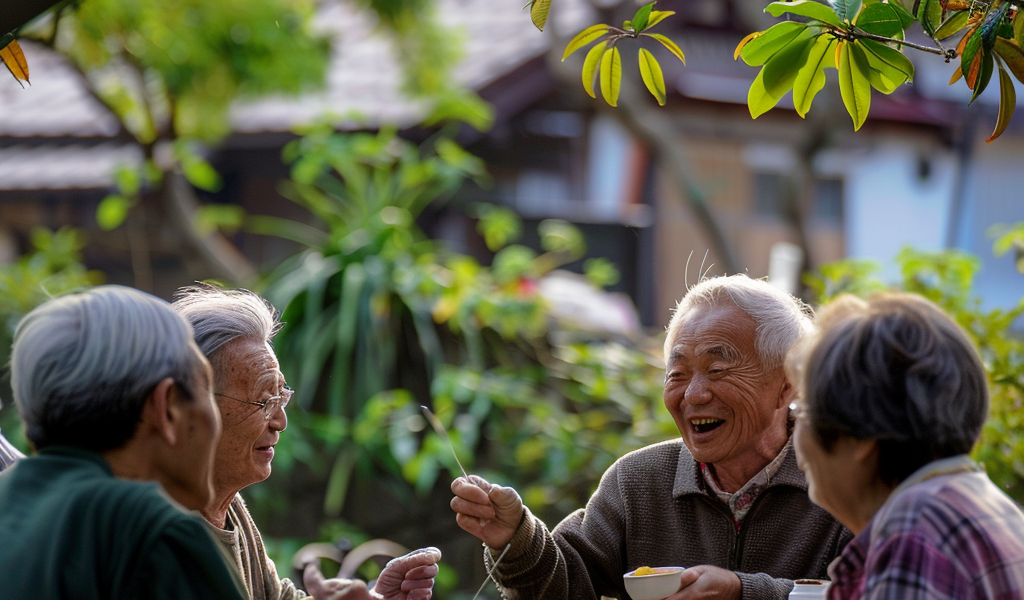Scientists have recently identified the top three lifestyle factors that could potentially help individuals live up to the age of 100. Surprisingly, these factors do not involve abstaining from alcohol or maintaining a slim physique.
Health experts in China conducted a study and found that not smoking, engaging in regular exercise, and consuming a diverse diet were the key elements that could contribute to longevity. Factors such as education level, marital status, and alcohol consumption in later years did not show a significant impact on lifespan.
Contrary to common beliefs, individuals living in urban areas have an equal chance of reaching the age of 100 as those residing in rural settings. Additionally, a higher body mass index (BMI) in later life might actually be beneficial for longevity, even if individuals had previously attempted to lose weight during their younger years.
The world’s oldest living person, Maria Branyas from Spain, who celebrated her 117th birthday in March 2024, serves as an exceptional example of long life. Similarly, Briton John Tinniswood, the world’s oldest man who will turn 112 on August 26, 2024, attributes his longevity to a weekly fish supper.
Researchers from Fudan University in Shanghai emphasized the significance of maintaining a healthy lifestyle, even in advanced age. They highlighted that it is never too late to make positive changes and advocated for tailored lifestyle improvement strategies for the elderly. The researchers also suggested the development of a new BMI scoring system that considers age, to educate individuals about the potential benefits of higher weight in later life.
The study, which analyzed data from 5,222 individuals aged 80 and above, with 1,454 reaching the age of 100, underscores the importance of healthy living habits. Each participant was assigned a ‘healthy lifestyle score’ based on factors such as smoking, drinking, exercise routines, dietary variety, and body mass index.





